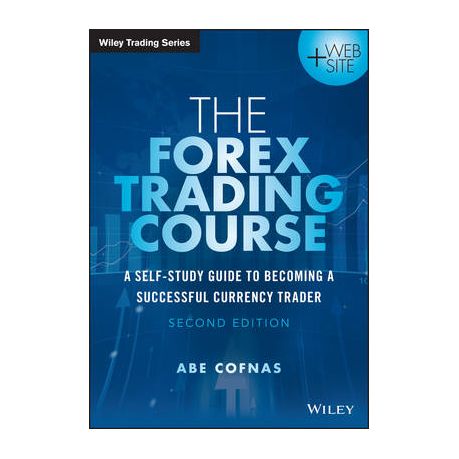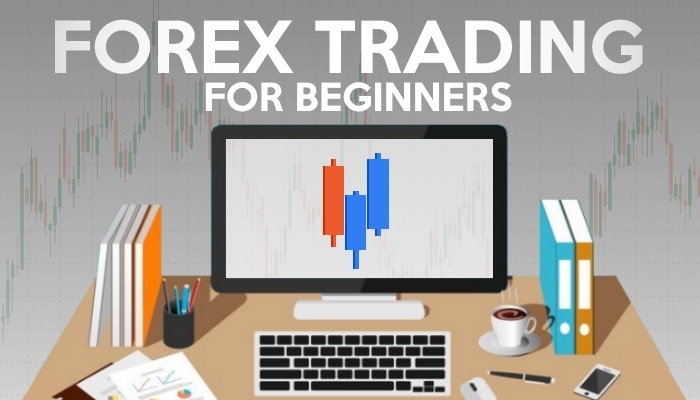Discover the Best Forex Trading Course to Boost Your Trading Abilities
Discover the Best Forex Trading Course to Boost Your Trading Abilities
Blog Article
Comprehending the Basics of Currency Exchange in Today's Global Market
In a progressively interconnected worldwide economy, grasping the principles of currency exchange is indispensable for stakeholders across various industries. As main banks put in impact and technical innovations reshape currency trading, the implications for global business are far-reaching.
The Essentials of Currency Exchange
Money exchange is a fundamental facet of the worldwide economic situation, promoting global profession and financial investment. It includes the conversion of one currency into another and is necessary for businesses, federal governments, and individuals who involve in cross-border purchases. The currency exchange procedure happens in the forex market (Foreign exchange), which is the biggest and most liquid economic market worldwide, operating 24 hr a day, five days a week.
At its core, currency exchange is driven by supply and demand characteristics. Money are traded in pairs, such as EUR/USD or GBP/JPY, and the exchange rate between them indicates just how much one money is worth in regards to another. This price changes constantly as a result of trade circulations, funding movements, and other market activities.
Participants in the Foreign exchange market variety from big banks and multinational companies to private financiers and visitors. Each individual might have different objectives, such as hedging versus exchange rate risk, speculating on currency activities, or facilitating worldwide acquisitions. Recognizing the basics of currency exchange is important for making notified decisions in the worldwide market, as currency exchange rate can dramatically impact the cost of items and services, financial investment returns, and financial security.
Factors Influencing Exchange Rates
Exchange rates are shaped by a complicated interaction of different financial factors, mirroring the relative strength and security of nationwide economic climates. Secret among these variables is rates of interest differentials. Greater passion prices supply lending institutions far better returns family member to other countries, bring in more international capital and creating the money to value. Alternatively, rising cost of living prices play an important duty; money in countries with reduced inflation rates tend to value as purchasing power rises about higher-inflation economies.
In addition, profession balances impact money worth. A country with a considerable profession excess normally sees its money appreciate due to enhanced international demand for its products and services, while a profession shortage can deteriorate the money.
Political security and economic efficiency are crucial too; nations viewed as low-risk locations for investment have a tendency to see their currencies appreciate. forex trading course. Market supposition can also drive currency exchange rate fluctuations, as investors anticipate future activities based on current financial indications and geopolitical events. These elements collectively add to the dynamic nature of exchange prices in the global market
The Duty of Central Financial Institutions

Reserve banks additionally participate in forex treatments to remedy extreme volatility or misalignments in exchange prices. These treatments may involve purchasing or selling foreign currencies to preserve a desired exchange rate degree. In addition, main financial institutions hold substantial international exchange books, which can Visit Your URL be released strategically to support their money.

Technology and Money Trading
While central banks form the overarching landscape of currency exchange, technical improvements have actually changed the technicians of currency trading itself. The expansion of electronic systems has equalized access to international exchange markets, enabling private investors to get involved along with institutional investors. On-line trading systems, geared up with real-time information and logical tools, promote educated decision-making and have added to boosted market liquidity.
Algorithmic trading, powered by advanced software, has actually revolutionized the speed and efficiency of currency trading. Formulas execute professions based upon predefined requirements, minimizing human intervention and lowering the time called for to profit from market movements. This automation enhances precision in trade execution and aids in the monitoring of complex trading strategies. Furthermore, the increase of expert system and artificial intelligence algorithms uses predictive analytics, allowing investors to expect market fads with better precision.
Blockchain modern technology likewise guarantees a transformative effect on money trading. By making certain transparency and minimizing deal expenses, blockchain can simplify negotiation processes, potentially mitigating risks related to typical trading methods. Moreover, cryptocurrencies, underpinned by blockchain, have actually presented a new dimension to currency trading, prompting market participants to adapt to a developing economic environment. As technology proceeds to progress, its influence on money trading view publisher site will likely deepen, shaping future market dynamics.
Effects on Global Trade
In the interconnected landscape of global profession, money exchange plays a pivotal duty in shaping financial partnerships between countries. Currency exchange rate influence the cost of exporting items and services, influencing competitive placing in international markets. A solid money can make a nation's exports more expensive and less appealing on the international stage, potentially decreasing market share. On the other hand, a weak money can boost export competition however may increase the price of importing vital goods, impacting profession equilibrium.
Currency changes this page can additionally cause economic unpredictabilities, making complex lasting planning for international companies. Businesses usually hedge against these risks with economic tools to support expenses and revenues. Exchange rates influence foreign straight financial investment (FDI) choices, as investors seek beneficial problems to take full advantage of returns, influencing resources moves across borders.
In addition, governments make every effort to maintain steady exchange rates to foster foreseeable trading conditions, occasionally intervening in fx markets to attain financial purposes. Main financial institutions might adjust rates of interest or implement monetary plans to affect currency stamina, thereby affecting trade characteristics.
Conclusion
A thorough grip of currency exchange basics is important for browsing the complexities of the worldwide market. Currency exchange rate, formed by rate of interest, inflation, and financial development, are crucial in determining currency appraisals. Reserve banks play a crucial role in influencing these rates, while improvements in innovation have transformed money trading. Comprehending these aspects is essential for effective monetary preparation and danger monitoring, as money changes considerably impact worldwide profession and investment strategies in an interconnected financial atmosphere.
Report this page